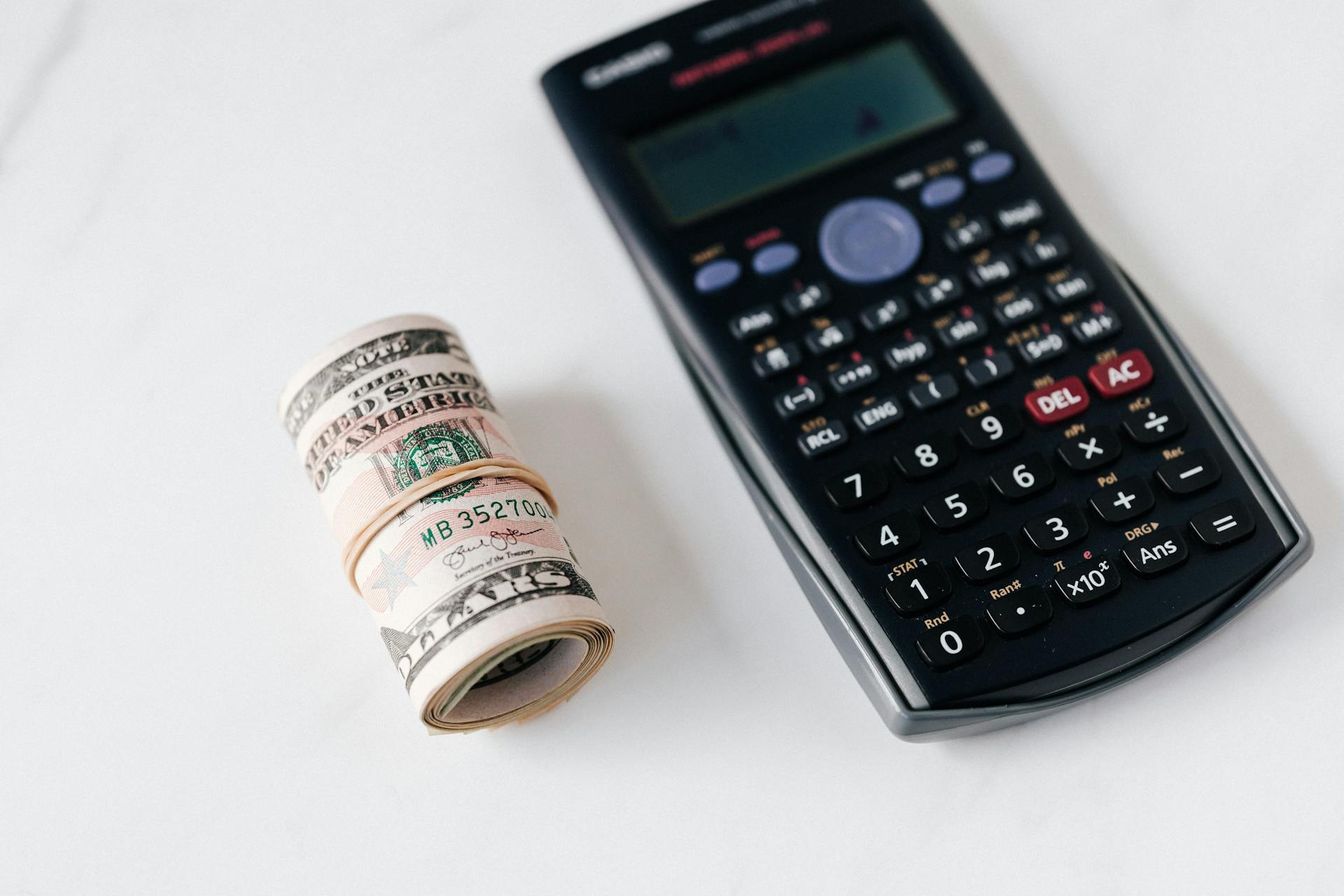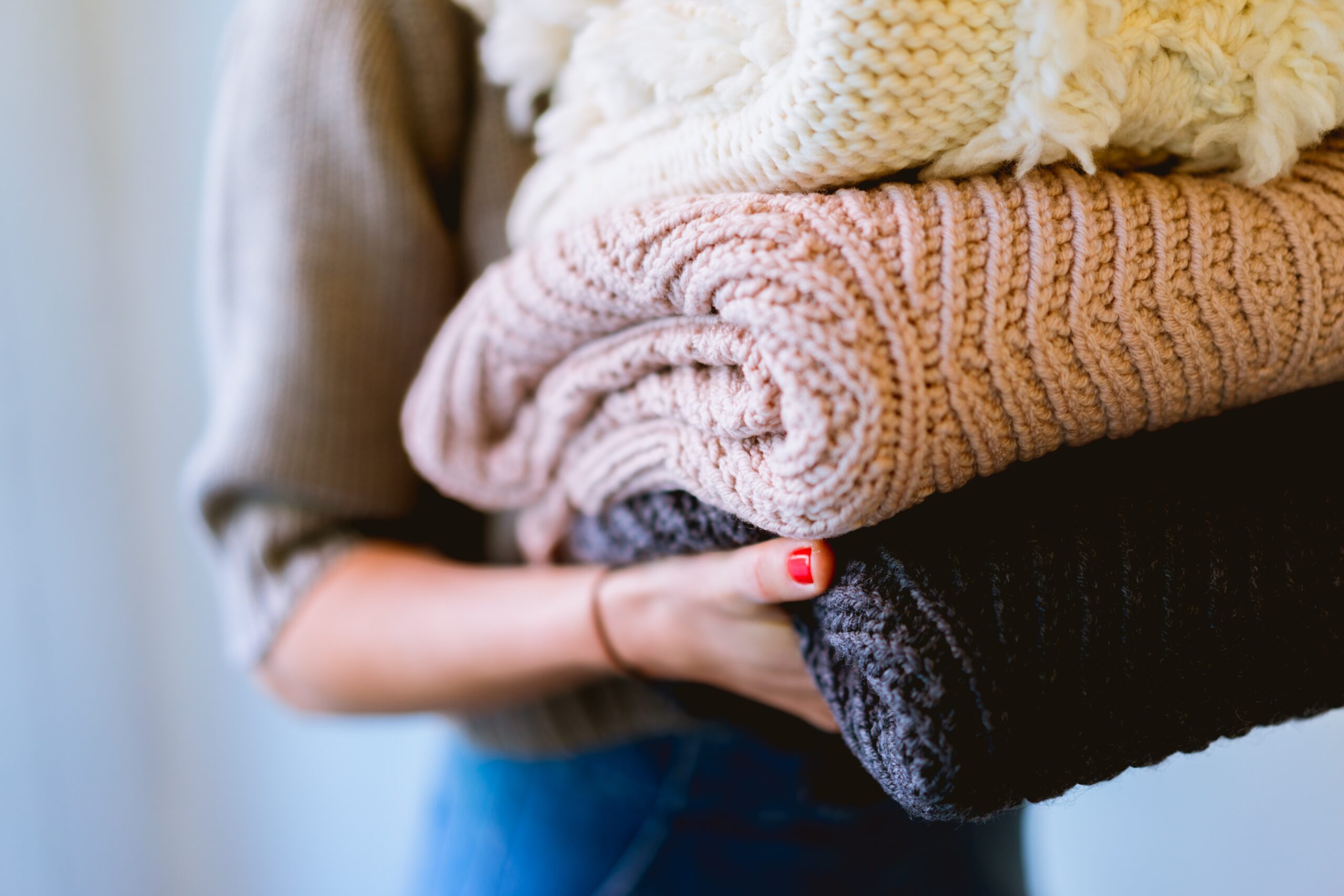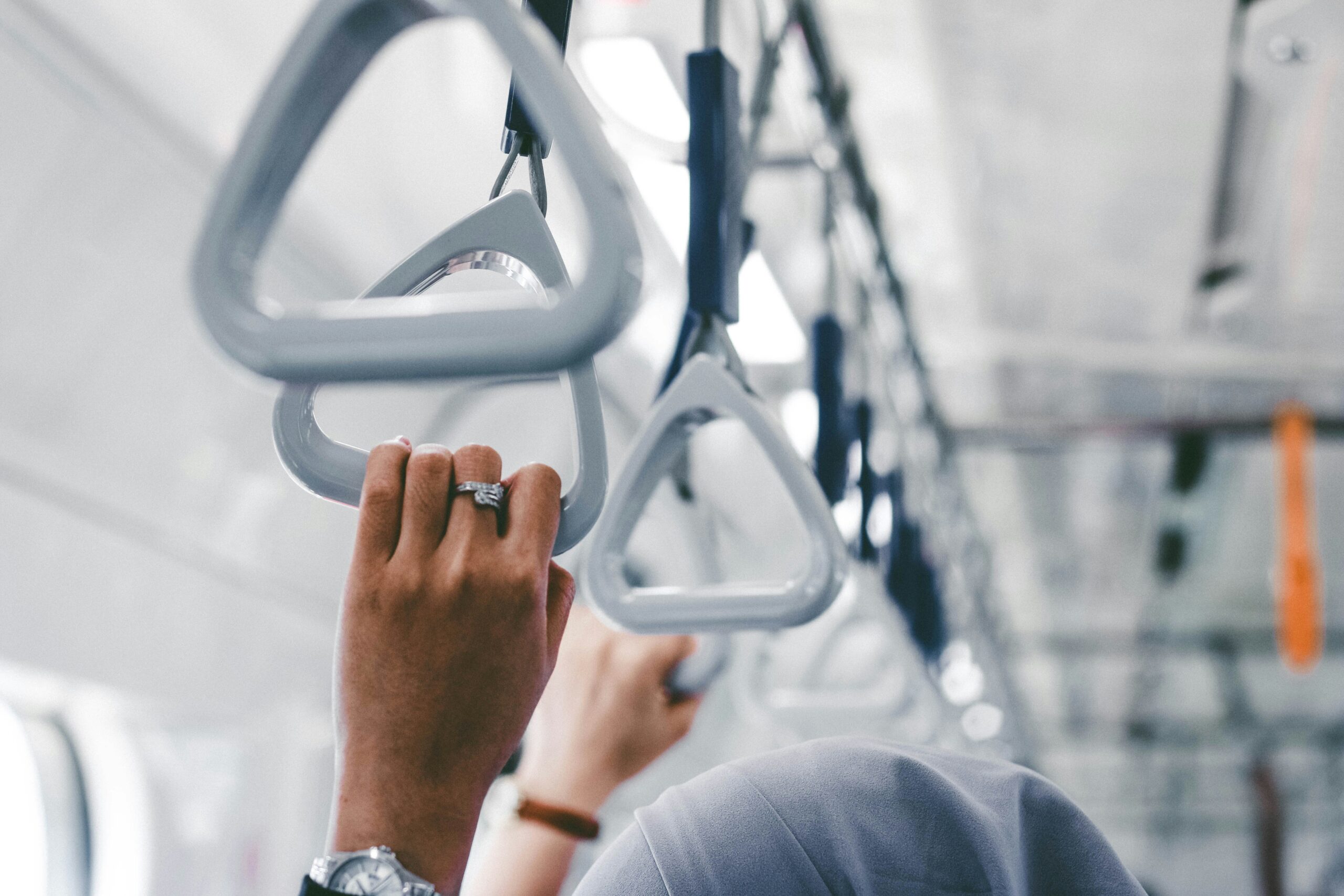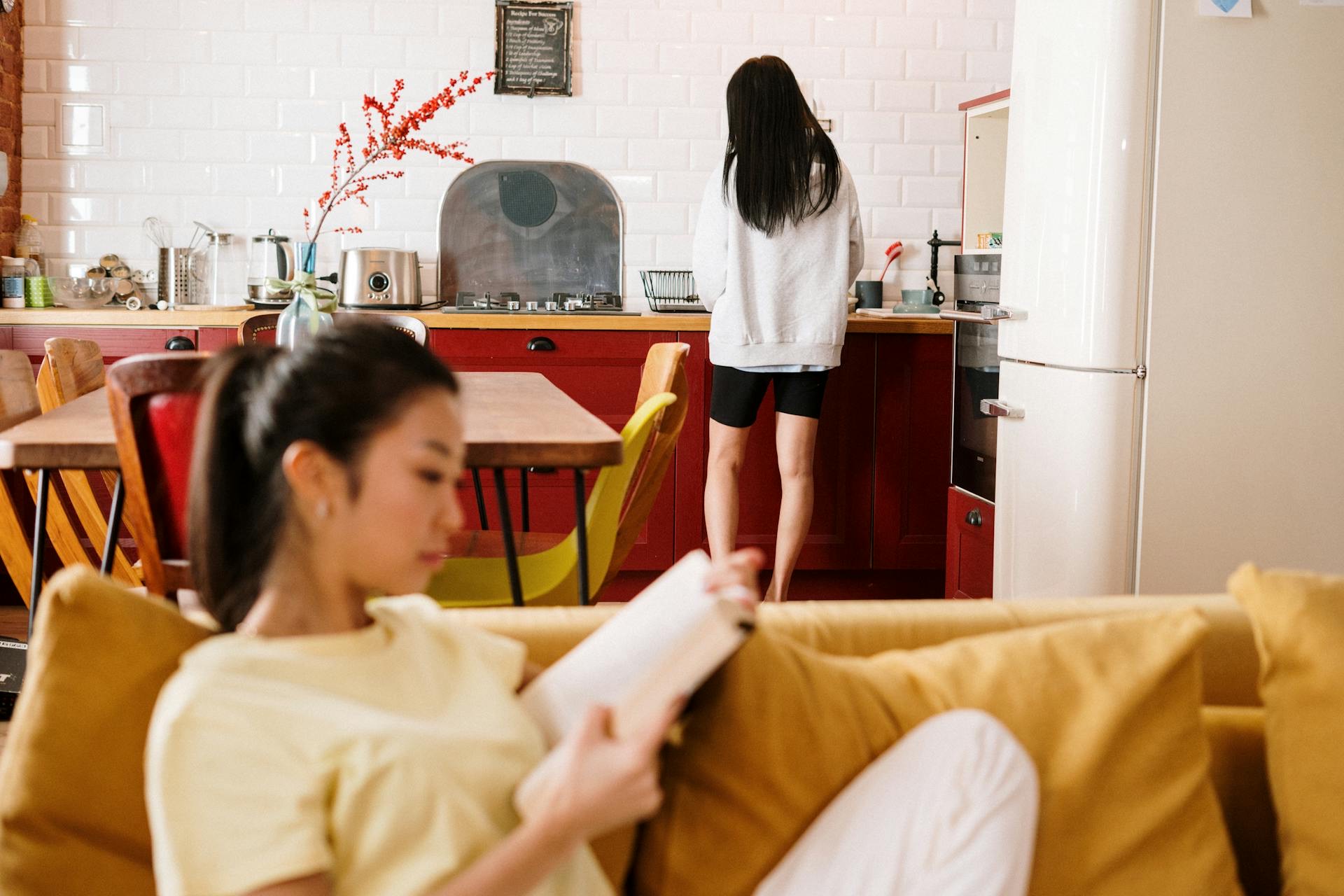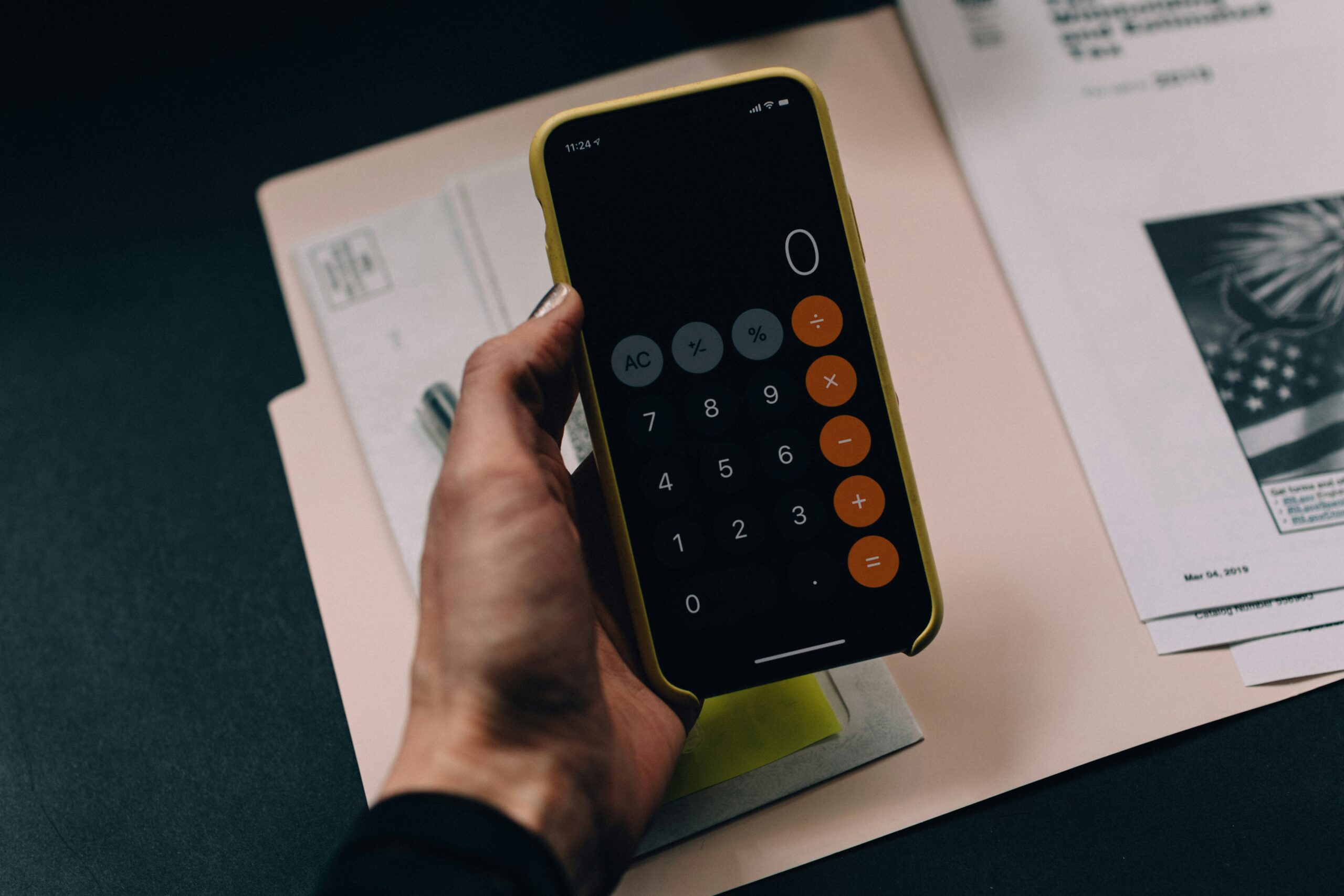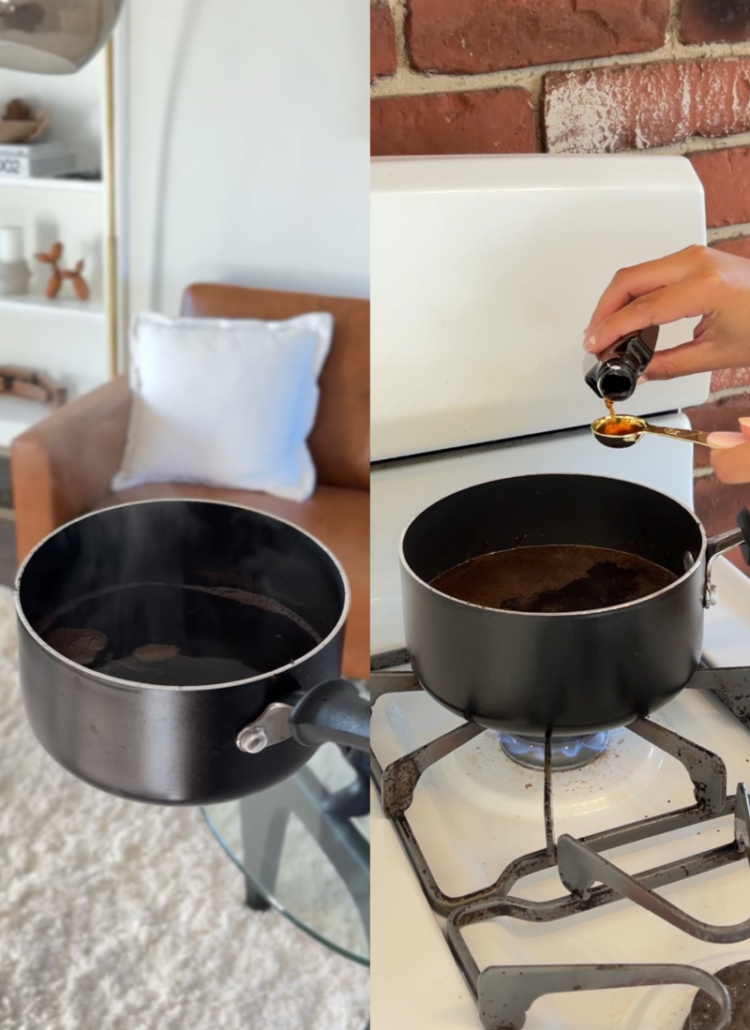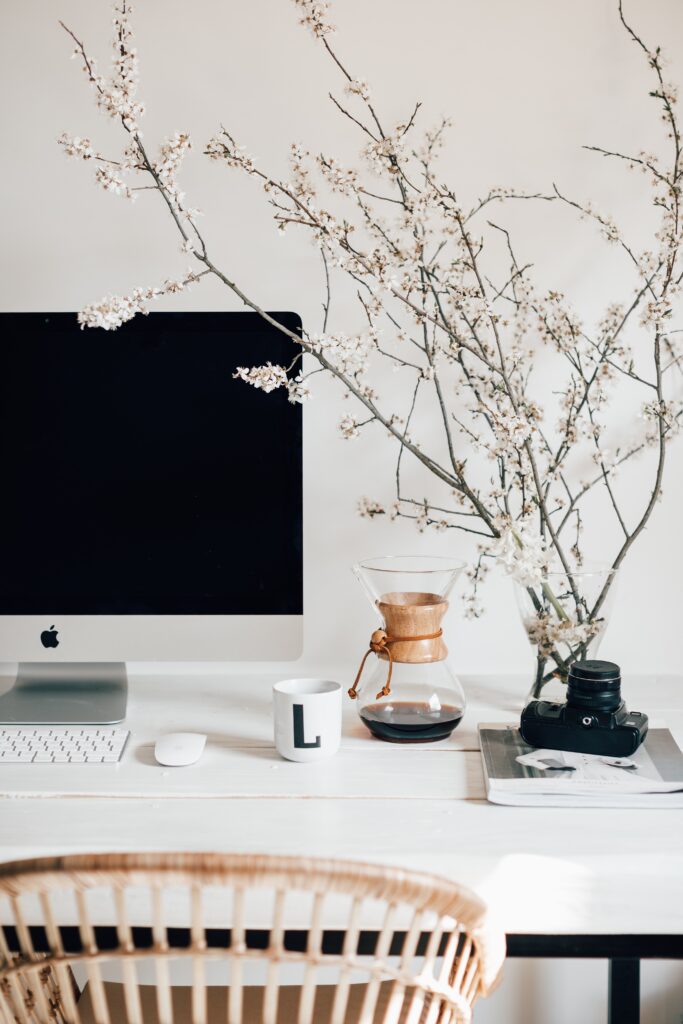Budgeting effectively is key to ensuring that transitioning into your first apartment is smooth and stress-free.
Here are smart ways women budget for their first apartment!
This post may contain affiliate links you can read the full disclaimer here for more information.

Moving into your first apartment is such an exciting new chapter in life!
I was so nervous moving into my first apartment. There were so many things to consider such as managing my finances to afford one and creating a new budget.
By adopting smart financial practices, you will be able to live comfortably with financial stability.
It is challenging budgeting and creating a financial plan, but it is incredibly rewarding when you set a solid foundation for your financial health before you run into any problems.
In this blog post, we'll explore seven strategies that women can use to budget for their first apartment.
These budgeting tips will set you on the path to successful, independent living.
SMART WAYS TO BUDGET
1. DETERMINE TOTAL INCOME AND FIXED EXPENSES
Determining total income and fixed expenses provides a clear and realistic view of your financial situation.
Calculate your total monthly income so you can understand how much money you have coming in monthly.
Next, list all fixed expenses, meaning expenses you can't change, such as student loans, car payments, insurance premiums, and any other recurring bills.
You can also check your debit card's app and banks usually send you a monthly report of your income and expenses for each other.
This is important to keep track of so that you can be aware of all your financial obligations and prevent any unpleasant surprises.
Another alternative is opening a spreadsheet and identifying areas where you might cut costs or reallocate funds to make room for new expenses associated with moving into your new place.
Understanding your income and fixed expenses will help you set a realistic and sustainable budget.
You can determine how much you can afford to spend on rent, utilities, groceries, and other living expenses.
It is important to balance your income with your expenses so you can maintain a comfortable lifestyle while saving for investments or an emergency fund.
2. SET A REALISTIC RENT BUDGET
Set a realistic rent budget for your peace of mind.
Try to spend no more than 30% of your gross monthly income on rent. This way you can live comfortably and cover other essential expenses, such as utilities, groceries, transportation, and savings.
Establishing a rent budget based on your income will help you maintain a comfortable lifestyle that's not burdened with anxiety towards the end of the month!
When you know exactly how much you can afford to spend on rent, you can allocate your remaining income by prioritizing savings, emergency funds, and discretionary spending.
It will be easier to handle unexpected expenses and you will be better equipped to plan for future investments.
A realistic rent budget protects your current financial well-being and supports your long-term financial goals.
3. ACCOUNT For MOVING COSTS AND INiTIAL EXPENSES
Every woman wants a smooth transition into their new living space without unexpected financial strain.
Moving into a new apartment often involves several upfront costs such as a security deposit, the first and last month's rent, and fees for moving services or truck rentals.
Additionally, there are initial expenses related to setting up a new home, including purchasing furniture, kitchen supplies, and other household necessities.
Plan and save for these costs in advance so you can avoid the stress of scrambling for funds at the last minute!
Develop a clear understanding of all the costs associated with moving into your apartment so you can create a budget that incorporates these initial expenses and monthly expenses for the apartment.
Take advantage of cost-saving opportunities, such as buying second-hand furniture or utilizing seasonal sales.
Find ways to your budget further so you can settle comfortably into your new home.
4. BUILD AN EMERGENCY FUND
Building an emergency fund is a way for women to build a financial safety net for unexpected expenses and emergencies.
Life is unpredictable, and unforeseen events such as medical emergencies, car repairs, or sudden job loss can occur at any time.
Having an emergency fund ensures that you have the financial resources to handle these situations without resorting to credit cards or loans, which can lead to debt.
My emergency fund has saved my life a couple of times in the past two years!
I set aside five months worth of living expenses, and this allowed me to navigate some uncertainties with confidence and peace of mind.
Building an emergency fund protects you from financial setbacks and empowers you to live more freely and securely in your first apartment, laying a great foundation for future financial well-being.
5. UTILIZE PUBLIC TRANSPORTATION
Utilizing public transportation is a smart way for women to budget for their first apartment because it's the best way to reduce transportation costs.
Owning and maintaining a car involves so many expenses such as fuel, insurance, maintenance, parking, and potential loan payments, all of which can add up quickly!
With public transportation, you can save a substantial amount of money that can be put towards rent, utilities, groceries, and savings.
Many big cities offer efficient and reliable public transit systems, making it a convenient and cost-effective alternative to car ownership.
Public transportation can also alleviate the stress associated with driving in traffic and finding parking, allowing you to use your commute time more productively, such as reading, working, or relaxing.
6. SPLIT THE RENT
By sharing the rent, utilities, and other expenses with a roommate, you can afford to live in a better location or a larger apartment than you might be able to on your own.
You can also put more of your income towards savings, paying off debt, or other personal goals.
Sharing expenses can make it easier to handle unexpected costs, such as repairs or increases in utility bills, providing a more stable financial situation.
Having someone to share the responsibilities such as cleaning and grocery shopping, can reduce the workload and stress associated with these tasks.
You learn so many important skills when living with a roommate such as communication, compromise, and conflict resolution, which are beneficial in both personal and professional relationships.
7. TRACK SPENDING
By diligently recording all expenses, whether big or small, you can gain a comprehensive understanding of your spending habits and identify areas where adjustments can be made to save money.
We've all had an experience where we see a random amount of money being withdrawn from our bank accounts, only to find out that it's from a subscription we forgot we had!
Awareness of where your money is going helps in setting realistic budgets for groceries, entertainment, transportation, and more.
This proactive approach to managing finances ensures that money is being allocated optimally, maximizing savings and financial resources.
Tracking spending is a great practice that you can utilize to effectively manage your finances and build a solid foundation for financial stability in your first apartment.
My favorite app to track my finances is Mint or my bank account's app.
This post listed smart ways women budget for their first apartment!

